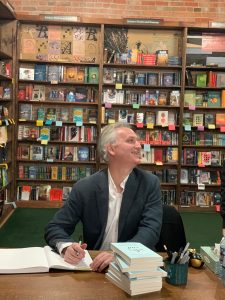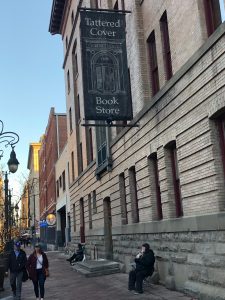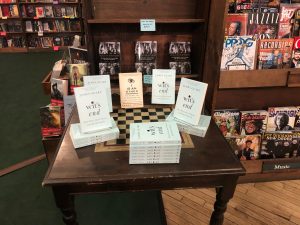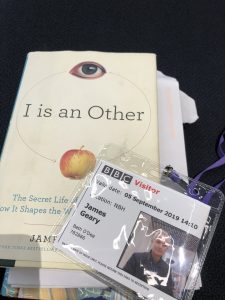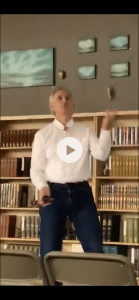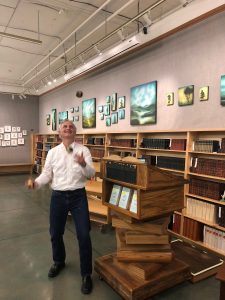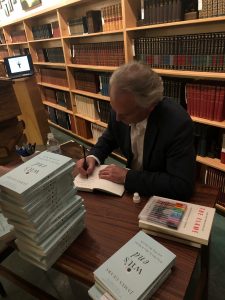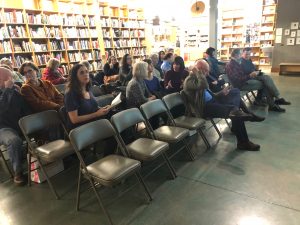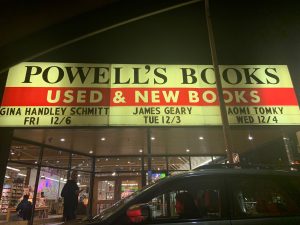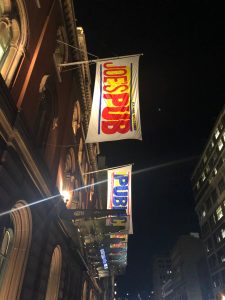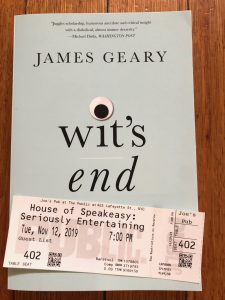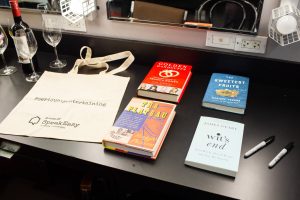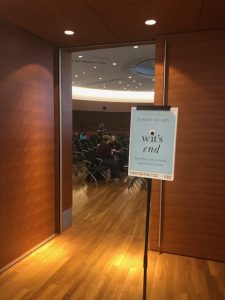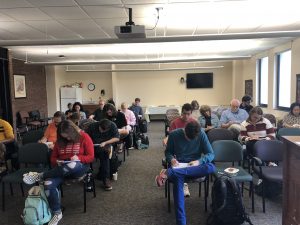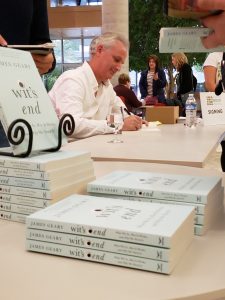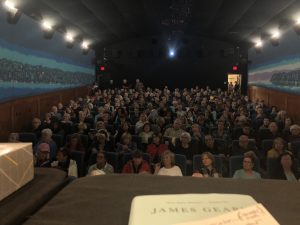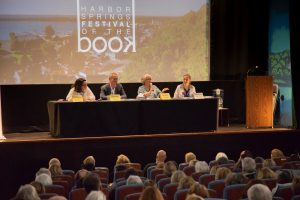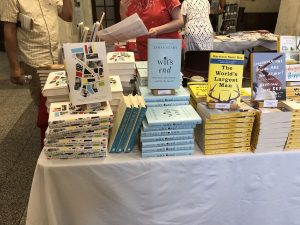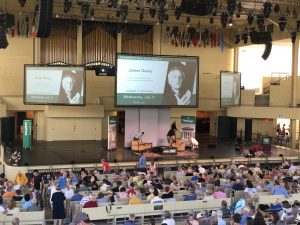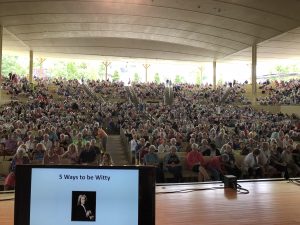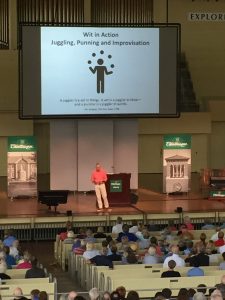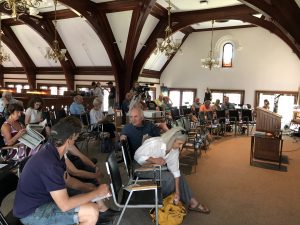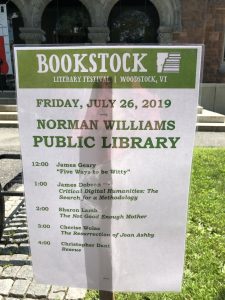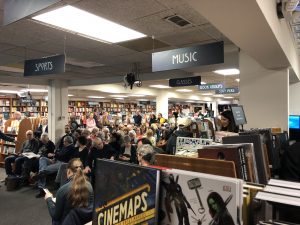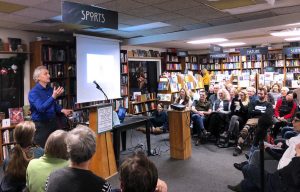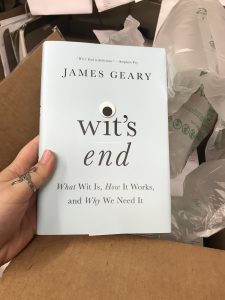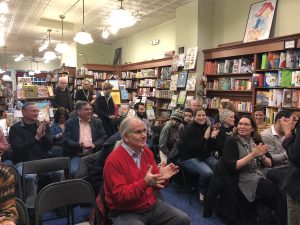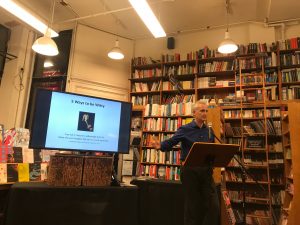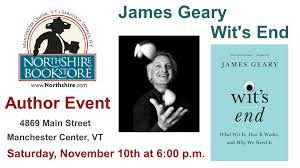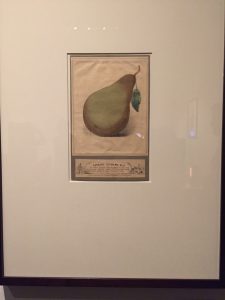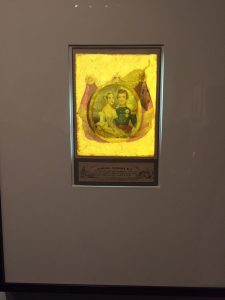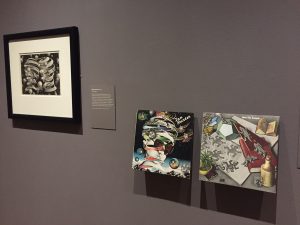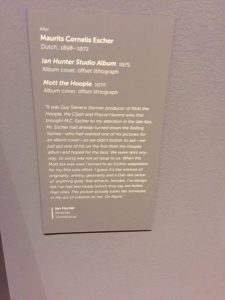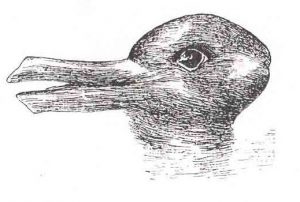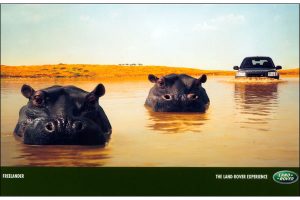Writer, teacher and translator Irving Weiss passed away on June 13. We have Irving to thank for bringing the aphorisms of Malcolm de Chazal into English.
Malcolm de Chazal (Geary’s Guide, pp. 359–361) was an aphorist and painter from Mauritius. I discovered the 1979 Sun edition of Chazal’s aphorisms, Sens-Plastique, by chance in a used bookstore in San Francisco in the mid-1980s. The cover has one of Chazal’s paintings on it — a pair of old shoes. Something spoke to me from the book, as sometimes happens when you encounter a book by someone you’ve never heard of in a used bookstore. I bought it and have been delighted and fascinated by Chazal ever since.
There are only three editions of Sens-Plastique in English, all of them the work of Irving. The latest and most comprehensive is from Green Integer, which also contains the introduction by W.H. Auden, a Chazal aficionado, which Irving arranged for the original 1971 publication of selections from Sens-Plastique.
Irving knew Auden from his college days in Michigan in the 1940s. He and his wife, Anne, lived on the Italian island of Ischia when Auden did. (They are featured in the BBC documentary about Auden, “Tell Me The Truth About Love”; Auden blessed their marriage by dedicating his and Chester Kallman’s translation of Die Zauberflöte to them.)
Irving found Sens-Plastique in the original French on Auden’s bookshelves. “Opening it at random, I was almost immediately struck by what I read, the lightning bolt transforming into, ‘This is what I wd write if I could, so I must translate it,’” Irving wrote to me in an email in 2008.
Irving translated a few pages and found Chazal’s address through Gallimard, his French publisher, and Chazal was delighted with Irving’s work. “We corresponded in French until one day years later he switched to perfect English,” Irving wrote to me, “and I remembered that he had attended Louisiana State University for six years studying agronomy.”
Irving corresponded with Chazal from the 1950s through the 1970s, though the two never met in person. He also published translations from Chazal’s Poèmes and Sens Magique, which are also aphoristic:
A rock needs no burial till it dies.
Eggs are all chin.
Irving told me that Chazal actually considered his Sens-Plastique observations science, not metaphor. That makes sense, given the uncanny precision of the aphorisms…
Light shining on water droplets spaced out along a bamboo stalk turns the whole structure into a flute.
Irving and I connected thanks to artist, author and critic Richard Kostelanetz, who mentioned my books to Irving. Irving did a search online, found this excerpt from a 2008 aphorism talk in which I discuss Chazal and read some of his aphorisms (and get the year of his death wrong; Chazal died in 1981), and then emailed me.
We had a lively email exchange — in extremely large type because of Irving’s failing eyesight! — and I was delighted to learn more about Irving’s relationship with Chazal and Auden and about Irving’s own works, including Reflections on Childhood, an anthology compiled and written with Anne, his wife. (I wrote about Reflections on Childhood here.)
Irving was funny, generous with his insights, and endlessly curious about aphoristics. I am fortunate to have known him, even if only electronically, and am forever grateful to him for introducing me to Chazal, one of the strangest and most original aphorists of all time…
Death is the bowel movement of the soul evacuating the body by intense pressure on the spiritual anus.
The sun is pure communism everywhere except in cities, where it’s private property.
The act of love is a toboggan in which those who are joined become each other’s vehicle.
Objects are the clasps on the pockets of space.
Age adds a pane of glass each year to the lantern of the eye.
Irving signed off all his emails with the phrase, “All to the Good.”


